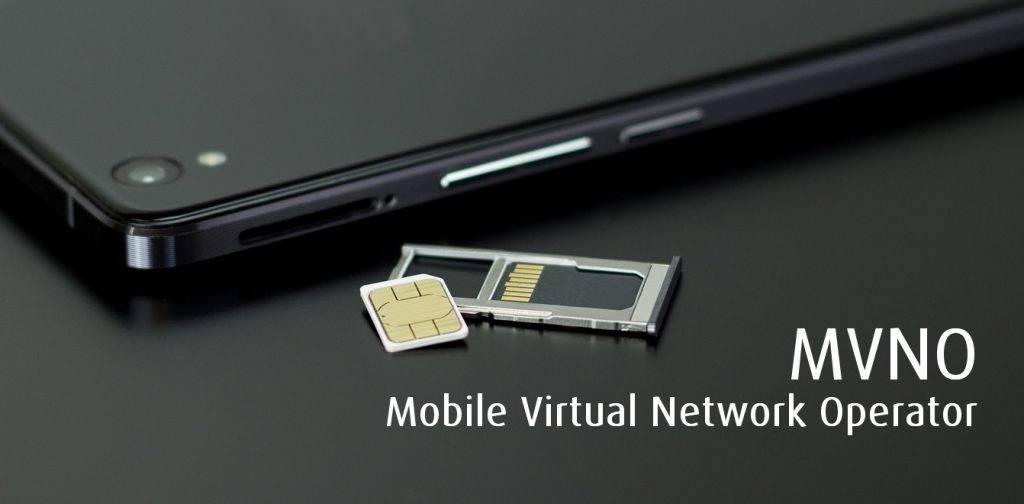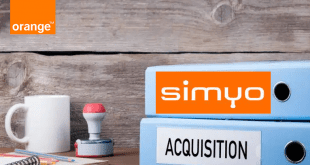VoIP Hardware and Equipment Compatibility
When transitioning to Voice over Internet Protocol (VoIP), it is crucial to assess the compatibility of your existing hardware and equipment with VoIP technology. Here are the key considerations for evaluating VoIP hardware and equipment compatibility.
Phones
Determine if your current phones are compatible with VoIP. Traditional analog phones will require an Analog Telephone Adapter (ATA) to convert the analog signal into a digital format compatible with VoIP. Alternatively, you can consider investing in IP phones specifically designed for VoIP, which have built-in support for SIP (Session Initiation Protocol) and other VoIP protocols.
PBX (Private Branch Exchange) or Key System
Assess your current PBX or key system for its compatibility with VoIP. Traditional PBX systems may need upgrades or replacements to support VoIP functionality. You have several options: You can replace the entire PBX with a VoIP-enabled PBX, deploy an IP-PBX, or migrate to a cloud-based hosted PBX solution.
Network Equipment
Evaluate your network equipment, including routers, switches, and firewalls, for VoIP compatibility. Ensure that they support Quality of Service (QoS) features, such as traffic prioritization, bandwidth management, and traffic shaping, to optimize VoIP call quality and minimize latency and packet loss. If necessary, consider upgrading your network equipment to support VoIP requirements.
Power over Ethernet (PoE)
Determine if your network infrastructure supports Power over Ethernet (PoE) if you plan to deploy IP phones. PoE eliminates the need for separate power adapters for IP phones by providing power over the Ethernet cable. Check if your switches and cabling infrastructure are PoE-enabled or if you need to make necessary upgrades.

Gateways and Session Border Controllers (SBC)
Assess the compatibility of your existing gateways and SBCs with VoIP. Gateways are used to connect your VoIP system to traditional analog or digital phone lines. If you have existing gateways, verify if they can integrate with your chosen VoIP solution. SBCs, on the other hand, are used to secure and control VoIP traffic. Ensure that your SBC is compatible with your VoIP infrastructure and offers the necessary security features.
Conference Phones and Audio Devices
If you use conference phones or other audio devices, verify their compatibility with VoIP. Many manufacturers offer VoIP-compatible conference phones designed to work seamlessly with VoIP systems. Ensure that your existing audio devices are either compatible or consider upgrading to VoIP-compatible alternatives.
Fax Machines
Evaluate the compatibility of your fax machines with VoIP. Traditional fax machines may not work reliably over VoIP due to differences in protocols and signal transmission. You can either use a fax-to-email service or invest in a VoIP-enabled fax machine or fax server that supports T.38 fax protocol for reliable fax transmission over IP networks.
Headsets and Peripherals
Consider the compatibility of your headsets and other peripherals with VoIP. Verify if they have the necessary connectors or adapters to work with IP phones or softphone applications. Check if your VoIP solution supports popular headset models or if you need to purchase VoIP-compatible headsets.

When assessing VoIP hardware and equipment compatibility, consult with your VoIP service provider or a qualified IT professional to ensure accurate compatibility information. They can help you determine the best course of action, including any necessary upgrades or replacements, to ensure a smooth transition to VoIP while maintaining optimal call quality and functionality.
By conducting a comprehensive assessment of your existing phone system, you can determine the feasibility of transitioning to VoIP, identify any necessary infrastructure upgrades, and develop a migration plan that minimizes disruptions to your business operations.
Overall, VoIP offers a cost-effective, flexible, and feature-rich communication solution for businesses of all sizes. It revolutionizes the way voice communication is conducted by leveraging the power of the internet to provide efficient and scalable voice services. VoIP systems enable businesses to tailor their communication infrastructure to their specific needs and gain a competitive edge in today’s fast-paced business landscape.
VoIP Relevant Articles:
- Cost Savings (Click to find out)
- Scalability and Flexibility (Click to find out)
- Advanced Features and Integration (Click to find out)
- Mobility and Remote Work (Click to find out)
- Improved Collaboration and Productivity (Click to find out)
- What’s VoIP and its Key Benefits (Click to find out)
- Bandwidth and Internet Connection (Click to find out)
- Quality of Service (QoS) (Click to find out)
- Network Security (Click to find out)
- Infrastructure Evaluation (Click to find out)
- Existing Phone System Assessment (Click to find out)
- Hardware and Equipment Compatibility (Click to find out)
- Power and Backup Solutions (Click to find out)
- Upgrading Your Business to VoIP Services (Click to find out)
- VoIP Systems (Click to find out)
By Abdul W Moghul
 MVNO MVNE MNO Mobile & Telecoms industry intelligence Telecoms Jobs, News and Business
MVNO MVNE MNO Mobile & Telecoms industry intelligence Telecoms Jobs, News and Business






